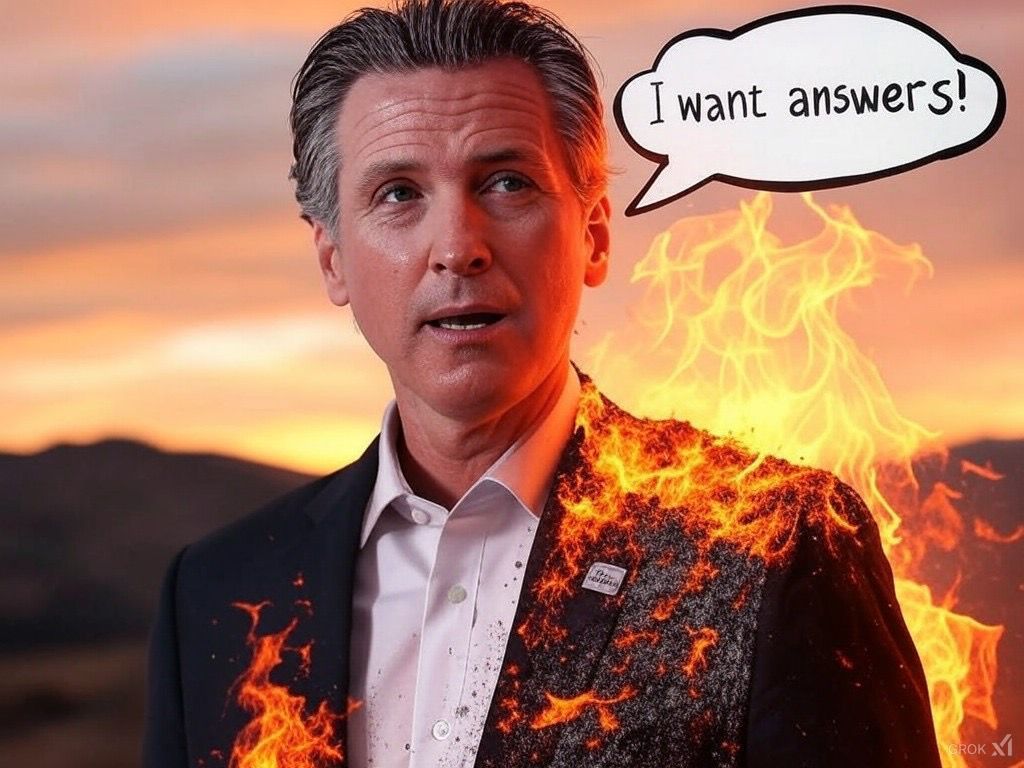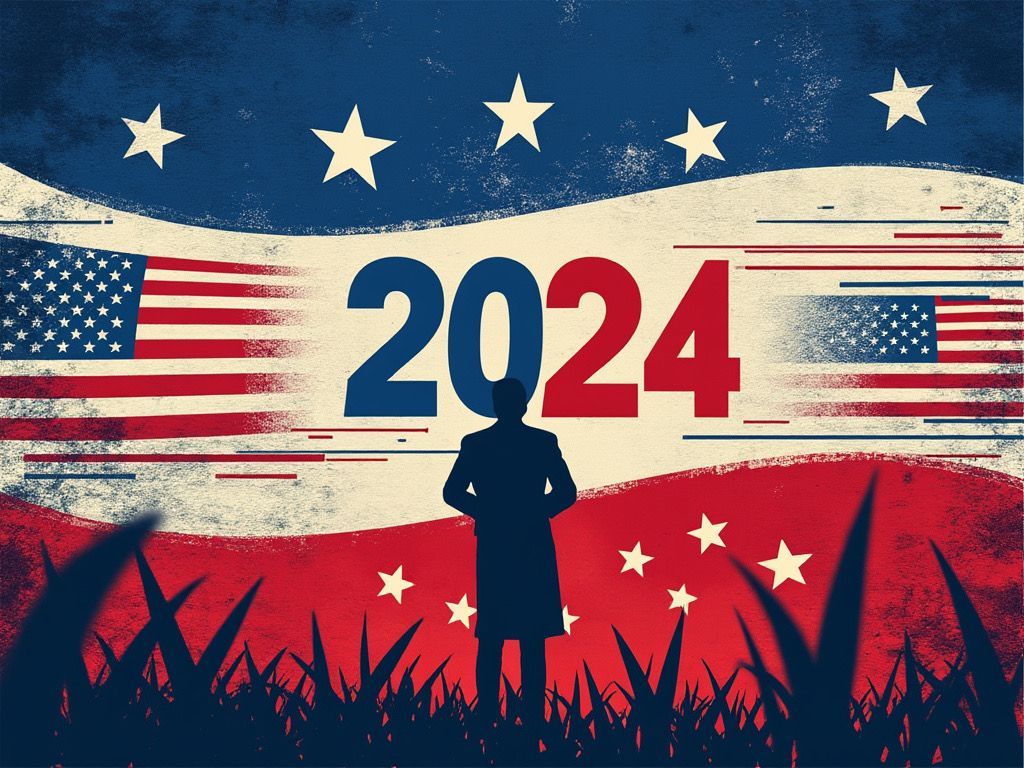Who Will Win the General Elections in Germany, 2025?
Germany is set to vote in the General Elections this coming Sunday, February 23, 2025. The Christian Democratic Union (CDU), alongside its Bavarian counterpart, the Christian Social Union (CSU), seems to have the upper hand. However, the presence of the Alternative for Germany (AfD) adds an intriguing dynamic to the electoral landscape.
AfD has not only experienced organic growth within Germany, particularly in the former German Democratic Republic—essentially, Communist East Germany—but has also received significant support from abroad. Among its notable supporters are various European leaders and, more recently, and perhaps most influentially, Elon Musk, who has openly endorsed AfD as the only viable path to restoring Western values and free speech in Germany.
AfD has been labeled a far-right party, but such claims lack solid reasoning. In my view, it all comes down to the question of where the political center lies and who sets the yardstick.
Am I forgetting Chancellor Olaf Scholz and the SPD, or the Green Party and others? No, I have not. However, many smaller parties may fail to secure a seat in the Bundestag (the German Parliament), and Scholz’s SPD will barely manage to finish in third place—I take this for granted. We will find out for sure this coming Sunday.
Economic Woes, Policy Promises, and Paradox
The German economy has been struggling, facing two consecutive years of contraction. The CDU has leveraged this situation by advocating for major economic reforms, including tax reductions, cuts to welfare spending, and stricter immigration policies. These promises resonate with voters anxious about economic recovery, particularly in industrial regions, which have been hardest hit by the downturn.
While the CDU is capitalizing on this discontent, it’s important to remember that the party itself, under Angela Merkel’s 16-year leadership, is largely responsible for Germany’s current economic and societal challenges. Merkel’s legacy includes:
- Near-total dependency on Russian gas
- The shutdown of nuclear power plants
- Her open-border immigration policy
It is a political paradox that the CDU is now benefiting from the consequences of its own past decisions. Yet, political memory seems to be short-lived everywhere.
Leadership and Stability
Friedrich Merz, leading the CDU, embodies a return to conservative stability. His campaign slogan, “A Germany we can be proud of again,” resonates with voters disenchanted by recent political turbulence. His proposals, particularly on economic revitalization, contrast with the perceived ineffectiveness of the previous coalition government. In addition, some people lack charisma, and Scholz is definitely one of them.
However, this remains paradoxical: while Scholz failed to reverse course, the bus was already headed in this direction for 16 years before he took office. Again, Angela Merkel and the CDU were the bus drivers.
Public Sentiment and Political Landscape
Polls indicate the CDU/CSU leading with around 30% support—a significant advantage. However, the rise of AfD, polling up to 20%, complicates the scenario. AfD has capitalized on anti-immigration sentiment and growing dissatisfaction with EU policies, particularly in eastern Germany.
The CDU has explicitly ruled out any coalition with AfD, a stance that helps maintain its appeal to moderate voters while still addressing immigration concerns. However, this decision may force the CDU into less favorable coalition scenarios if AfD secures a substantial parliamentary presence.
Coalition Dynamics
The CDU’s coalition options are limited by AfD’s strong performance. A “grand coalition” with the SPD appears the most likely outcome, given the struggles of smaller parties like the Greens and FDP to secure enough seats. However, after the failures of the previous coalition, such a partnership would be uneasy at best.
AfD’s influence may push the CDU toward a minority government or force negotiations with smaller parties, potentially diluting its policy agenda.
Voter Discontent with the Opposition
The SPD’s dismal approval ratings and the fallout from the previous government’s failures have driven voter support toward the CDU. However, AfD’s surge reflects a growing protest vote against the establishment, attracting disillusioned voters frustrated with mainstream politics. This trend underscores broader dissatisfaction with Germany’s political direction, where economic concerns and immigration dominate the national discourse.
The AfD’s Impact
While AfD will not win the elections and is unlikely to govern due to the CDU’s refusal to partner with them, their growing support will lead to a more polarized Bundestag. This polarization will inevitably force the CDU to adopt some of AfD’s hardline positions on immigration and EU policies—whether to retain voter support or counter the opposition’s rhetoric.
Moreover, AfD’s presence will likely intensify political debate, further sharpening the contrast between the CDU’s traditional conservatism and its rivals’ progressive policies.
Conclusion
Angela Merkel and the CDU’s 16-year legacy is more of a left-wing disaster than a conservative one. Let’s hope this time the CDU will make amends!
In my opinion, AfD will not win the election. The CDU and its allies will undoubtedly win Sunday’s General Elections—that is not even a question at this point.
However, in Germany’s parliamentary system, winning is just the beginning of forming a government. The AfD’s significant role in this election cycle introduces complexities in coalition-building and policymaking.
The coming weeks will reveal how the CDU navigates this landscape, potentially shaping Germany’s political direction for the next term. Whether the CDU can fulfill its economic and immigration policy promises in a politically fragmented Bundestag remains the key question for voters.
AfD will influence Germany’s political agenda in the next legislative term, for sure. The return of the CDU is a real political paradox!
Luis Angel Montenegro








